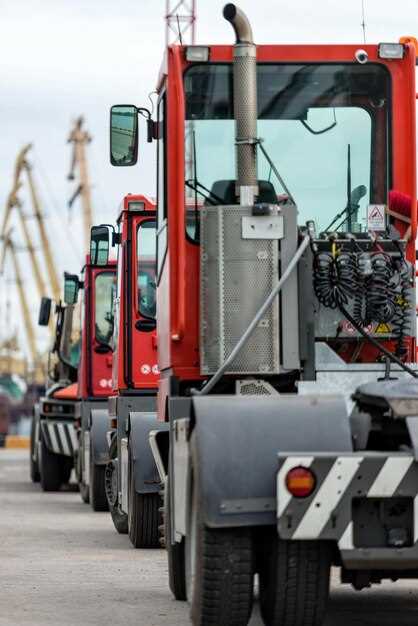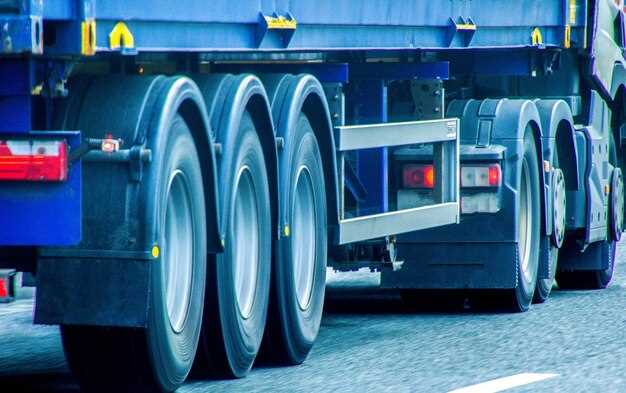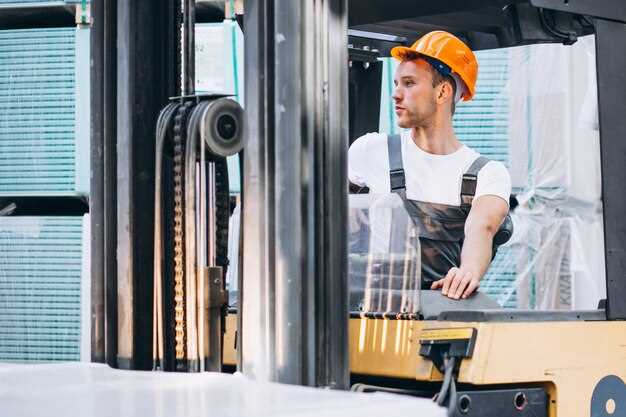
In the ever-evolving landscape of construction and industrial sectors, the demand for specialized equipment remains at an all-time high. One of the most critical tools that ensure the efficiency and success of any project is the specialty trailer. These trailers are designed to meet the unique requirements of various industries, providing a reliable solution for transporting materials, equipment, and personnel to job sites.
Specialty trailers come in a wide array of configurations, each tailored to address the specific challenges faced in industrial and construction environments. Whether it’s a lowboy trailer for heavy machinery, a flatbed for transporting bulk materials, or a custom-built solution for unique loads, these trailers help streamline operations and enhance productivity. Their robust design and engineering ensure that they can withstand the rigors of demanding work sites while providing flexibility and adaptability.
Understanding the functionalities and benefits of specialty trailers is paramount for companies looking to optimize their operations. With advancements in trailer technology, businesses can now select models equipped with features that improve safety, load capacity, and operational efficiency, tailored to their specific construction and industrial needs. This article explores the various types of specialty trailers available, their applications, and how they can significantly impact project outcomes.
Choosing the Right Construction Trailer for Job Site Logistics

When managing a construction site, selecting the appropriate trailer can significantly enhance logistics and efficiency. The right industrial trailer plays a critical role in transporting tools, materials, and equipment while ensuring the site remains organized.
First, assess the specific needs of your job site. Consider the size of the materials and the volume of transportation required. Construction trailers come in various sizes and configurations, including flatbed, enclosed, and gondola types. Choose one that accommodates your equipment while allowing easy access and visibility of materials.
Next, factor in the terrain and conditions of your job site. Trailers designed for rugged or uneven surfaces can be invaluable for industrial applications. Look for features such as reinforced frames and heavy-duty tires that can withstand challenging environments.
Load capacity is another crucial consideration. Ensure that the trailer can handle the weight of the equipment and materials you plan to transport. Overloading can lead to accidents and equipment damage, which can be costly.
Safety features should also be a top priority. Look for trailers equipped with braking systems, secure tie-down points, and reflective markings to improve visibility. These elements contribute to safer transportation, minimizing risks on the job site.
Lastly, consider ease of use and maneuverability. A trailer that is difficult to handle can slow down logistics, affecting project timelines. Choose one with a responsive hitch and good down-angle stability to facilitate smooth operation, especially in tight spaces.
In summary, selecting the right trailer for construction involves understanding your logistical requirements, considering terrain challenges, checking load capacities, emphasizing safety, and ensuring usability. Investing time in this decision can lead to enhanced productivity and operational success on your job site.
Key Features of Industrial Trailers for Heavy Equipment Transport
Industrial trailers designed for heavy equipment transport are specifically engineered to accommodate the unique demands of construction sites. These trailers offer a robust construction that ensures durability and reliability during transit. One of the key features is a reinforced frame, made from high-strength steel or aluminum, which provides exceptional support for heavy loads.
Another essential aspect is the load capacity, which varies significantly depending on the trailer type. Heavy-duty trailers can carry substantial weights, often exceeding several tons, making them ideal for transporting excavators, bulldozers, and other large machinery. Adequate weight distribution systems, such as adjustable axles and tandem axle configurations, further enhance stability and safety during transport.
Loading and unloading efficiency is also critical. Many industrial trailers come equipped with ramps or hydraulic lift systems that facilitate easy access for loading and unloading heavy equipment. This feature reduces the time and labor required at construction sites, contributing to project efficiency.
Additionally, the presence of tie-down points and securement systems ensures that heavy equipment remains securely fastened during transportation. This is crucial to minimize the risk of damage to both the equipment and the trailer itself, while also adhering to safety regulations.
Towing capabilities form another key feature. Industrial trailers are designed to be compatible with various towing vehicles, including heavy trucks and tractors. This versatility allows for seamless integration into existing fleets while optimizing transport efficiency.
Lastly, specialized trailers often include weather-resistant designs, which protect equipment from environmental elements during transportation. Features such as enclosed structures or protective coverings safeguard equipment, ensuring it arrives at the construction site in optimal condition.
Maintenance Tips for Maximizing the Lifespan of Your Specialty Trailers

Regular maintenance is crucial for ensuring the longevity of your specialty trailers used in construction and industrial settings. Start by conducting a thorough inspection of your trailer at least once a month. Look for signs of wear and tear, such as rust or corrosion on the frame, and address any issues promptly to prevent further damage.
Check the tires regularly for proper inflation, tread wear, and any signs of bulging or cracking. Keeping tires in good condition is essential for safe transport and can significantly extend the life of the trailer. Rotate the tires and replace them when necessary to avoid uneven wear.
Inspect the trailer’s brakes and lights to ensure they function properly. Faulty brakes not only compromise safety but can also lead to more significant issues that may require expensive repairs. Regularly clean and test all electrical components, replacing any burnt-out bulbs or damaged wiring immediately.
Maintain the trailer’s flooring and surface by regularly cleaning it to remove debris, dirt, and chemicals. For flatbed trailers, apply a protective coating to minimize wear from heavy loads and exposure to the elements. Additionally, check for loose or missing fasteners, and tighten or replace them to maintain structural integrity.
Lubrication is essential for moving parts, such as hinges and wheel bearings. Apply a suitable lubricant to prevent rust and ensure smooth operation. Make sure to follow the manufacturer’s guidelines regarding the type of lubricant to use and how often to apply it.
Finally, store your specialty trailer in a secure, covered area when not in use. This protects it from harsh weather conditions that can accelerate deterioration. Taking these maintenance steps will help maximize the lifespan of your trailer, making it a reliable asset for your industrial needs.





